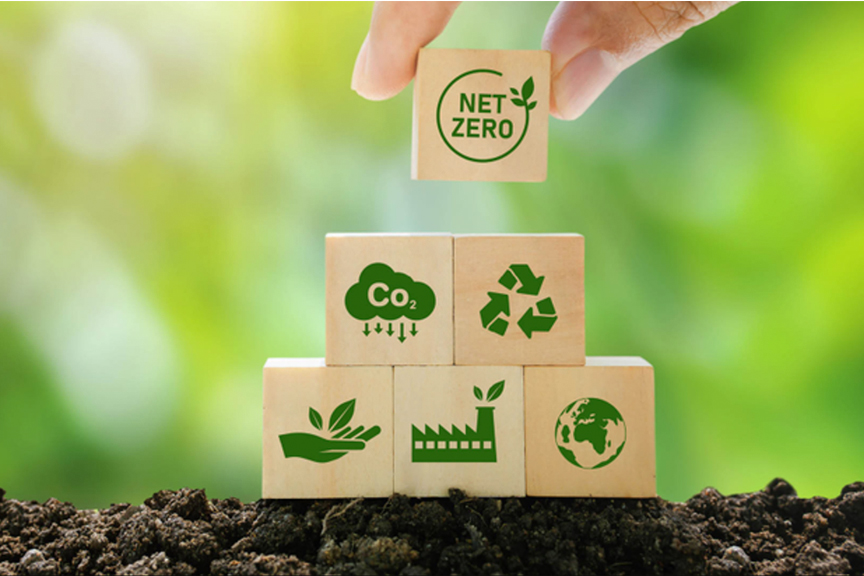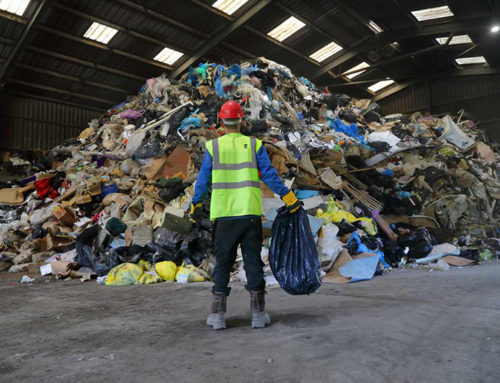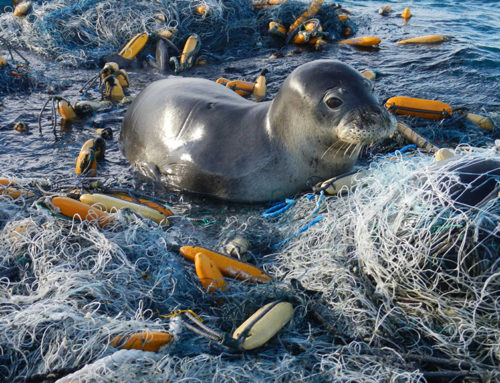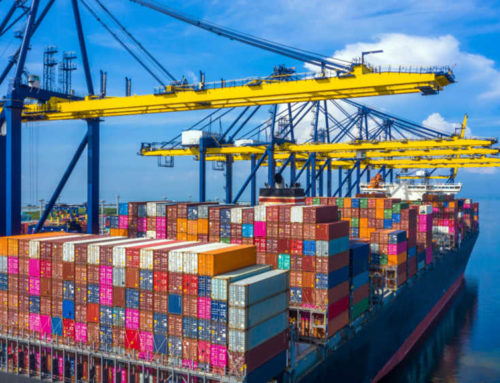In a rapidly changing retail landscape, sustainability in retail has emerged as a central concern for both consumers and corporations. As the clamor for eco-friendly practices grows louder, giants like Walmart and Amazon find themselves on opposing sides of the sustainability spectrum. The packaging practices of these retail behemoths have us scrutinizing the non-sustainability in their packaging and the negative impact of Amazon’s one-day shipping.
Walmart’s Sustainability Crusade
Walmart, under the leadership of John Furner, President and CEO of Walmart US, has adopted a new corporate ethos. It’s no longer just about shareholder value; it’s about creating great employment opportunities, making a difference in the environment, and adding value to the customer. This shift reflects the evolving role of corporations in a world where sustainability is paramount.
Walmart’s sustainability initiatives have taken a prominent stance on packaging and recycling. The company is committed to achieving 100% recyclable, reusable, or industrially compostable packaging for its private brand packaging by 2025. They also aim to reduce plastic packaging when possible, optimizing usage to meet demand.
Walmart is actively collaborating with brands to educate consumers on recycling best practices. Their partnership with Unilever’s “Bring It to the Bin” program is just one example of their commitment to sustainability education.
To reduce waste and optimize the delivery process, Walmart is implementing right-sized packaging technology. This initiative is expected to facilitate a 60% reduction in filler and reduce waste caused by oversized boxes by up to 26%. It’s a move aimed at not only enhancing sustainability but also improving the unboxing experience for consumers.
In a further bid to eliminate plastic waste, almost all orders shipped by Walmart, including marketplace items, are said to be delivered in recyclable paper bag mailers. This transition could eliminate 65 million plastic bag mailers, equivalent to 2,000 tons of plastic, from circulation in the US by the end of the fiscal year.
Walmart is also giving consumers the option to turn down single-use plastic bags, potentially keeping millions of such bags out of circulation annually. Their tests have shown promising adoption rates for sustainably-minded packaging, and a nationwide rollout is expected by the end of 2023, provided consumers comply.
Electric Delivery Vans and AI Optimization
Walmart is also embracing electric delivery vans to increase the sustainability of its delivery process. They’re also using AI to determine whether products can be fulfilled from nearby stores, reducing fleet miles and emissions but increasing the need to warehouse higher levels of select products to meet local demands and increase delivery speed – which leads to other questions about sustainability – those which Amazon also needs to answer to.

Amazon’s Sustainability in Retail Challenge
Jeff Bezos announced a $10 billion commitment to combat climate change through the Bezos Earth Fund. While this is a significant step, it comes after years of downplaying the environmental impact of Amazon’s one-day shipping and the “Amazon Effect.” (Read about the Amazon Effect Here)
Employee Dissent
Amazon faced public criticism from its own employees, who violated a company gag order to express concerns about the company’s business with the oil and gas industry and its carbon footprint. The group called themselves “Amazon Employees for Climate Justice” and questioned the company’s commitment to sustainability.
Amazon’s one-day shipping model has also been scrutinized by experts who argue that it doesn’t factor in the environmental cost of shipping items separately. Faster delivery makes it harder to consolidate shipments, leading to increased travel and emissions.
Amazon’s proposed commitment to meet the goals of the Paris climate agreement 10 years early is a step in the right direction – but consumers question if it’s all talk. Many, including employees, believe it doesn’t go far enough to mitigate the environmental impact of Amazon and Bezo’s operations.
As sustainability becomes a paramount concern for consumers, the retail giants are at a crossroads. Walmart’s aggressive sustainability efforts appear apparent, with a focus on packaging, recycling, and reducing waste. On the other hand, Amazon faces increasing scrutiny over its environmental practices, particularly its one-day shipping model and the disconnect between Bezos Earth Fund claims and the reality of Amazon’s non-sustainable packaging and delivery methods.
The battle for sustainability in retail is intensifying, and the future will reveal whether Amazon can overcome its negative image and meet the aggressive goals stated by the Bezos Earth Fund. With consumers more interested in sustainable options than ever, actions will speak louder than words.






